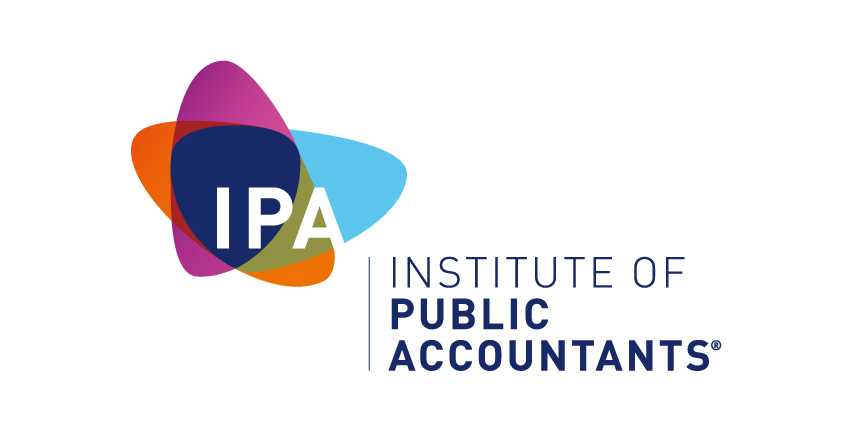Professional indemnity insurance requirements
The IPA have mandated Professional Indemnity (PI) insurance requirements for:
- Limited-PPC holders, and
- PPC holders.
Limited-PPC holders:
By-Law 9.1.7 states that a Member who holds a Limited-PPC must:
(a) if the Member is a sole practitioner, ensure that they are covered under a contract and/or scheme of professional indemnity insurance which complies with By-Law 9.1.8 and which can offer run-off cover for claims against the Member after ceasing to offer professional practice services or ceased to hold a Limited-PPC registration,
(b) if the Member is a partner of an accounting firm, ensure that the Member and the firm and all other partners of the firm (whether or not they are Members of the Institute) are covered under a contract and/or scheme of professional indemnity insurance that complies with By-Law 9.1.8, and
(c) if the Member is a director of an accounting company, ensure that the Member and the company and all other Directors and Executive Officers of the company (whether or not they are Members of the Institute) are insured under a contract and/or scheme of professional indemnity insurance that complies with By-Law 9.1.8.
By-Law 9.1.8 states that the policy must provide:
(a) cover for the amount(s) specified by the Board of Directors for each and every claim, not being less than $1 million for each reinstatement (any one claim),
PPC holders:
By-Law 9.1.10 states that a Member who holds a PPC must:
(a) if the Member is a sole practitioner, ensure that they are covered under a contract and/or scheme of professional indemnity insurance which complies with By-Law 9.1.11 and which can offer run-off cover for claims against the Member after ceasing to offer professional practice services or ceased to hold a PPC registration,
(b) if the Member is a partner of an accounting firm, ensure that the Member and the firm and all other partners of the firm (whether or not they are Members of the Institute) are covered under a contract and/or scheme of professional indemnity insurance that complies with By-Law 9.1.11, and
(c) if the Member is a Director of an accounting company, ensure that the Member and the company and all other Directors and Executive Officers of the company (whether or not they are Members of the Institute) are insured under a contract and/ or scheme of professional indemnity insurance that complies with By-Law 9.1.11.
By-Law 9.1.11 states that Members may be excluded from the IPA Professional Standards Scheme if they don’t hold PI insurance in accordance with this By-law. The policy must provide:
(a) cover for the amount(s) specified by the Board of Directors for each and every claim, currently until 31 December 2021, not being less than $2 million for each reinstatement (any one claim),
(b) cover for the amount(s) specified by the Board of Directors for each and every claim, commencing on 1 January 2022:
- not being less than $2 million for each reinstatement for Members that generated annual fee income (excluding goods and services tax) of less than $10 million in the financial year immediately preceding any act or omission that has given rise to an occupational liability (damages claim), or
- not being less than $10 million for each reinstatement for Members that generated annual fee income (excluding goods and services tax) of $10 million or more in the financial year immediately preceding any act or omission that has given rise to an occupational liability (damages claim), or
- not being less than the monetary ceiling (Scheme cap) specified by the Board of Directors who under section 26 of the Professional Standards Act 2003 (Vic), have the discretionary authority to specify, on application by a Member, a higher monetary ceiling for that Member, not exceeding $75 million.
Additional Requirements:
All PI policies for Limited-PPC and PPC holders require:
- a policy excess (deductible) of no more than an amount determined by the Board of Directors from time to time, currently being no more than 2 per cent of the policy limit of indemnity, or $200,000, whichever is the lower amount,
- cover obtained from an Australian Prudential Regulation Authority (APRA) regulated insurer, which can be verified at: https://www.apra.gov.au/register-general-insurance,
- a minimum of one reinstatement and preferably unlimited reinstatements,
- a defence cost exclusive policy, however if the policy is defence cost inclusive, the policy sets an additional 25 per cent above the policy limit of indemnity amount to fund defence costs,
- unlimited retroactive cover,
- cover for defamation,
- cover for claims arising out of the dishonesty of an employee,
- cover for the cost of replacing or repairing documents lost, damaged or destroyed,
- cover for any civil legal liability or any act, error or omission, subject to reasonably common exceptions, and
- run-off cover for claims against the Member after cessation of business or ceased to hold a Professional Practice Certificate for a period of at least seven years, however if the policy does not include run-off cover, the Member must arrange and maintain run-off cover for a period of seven years following cessation of the business.
